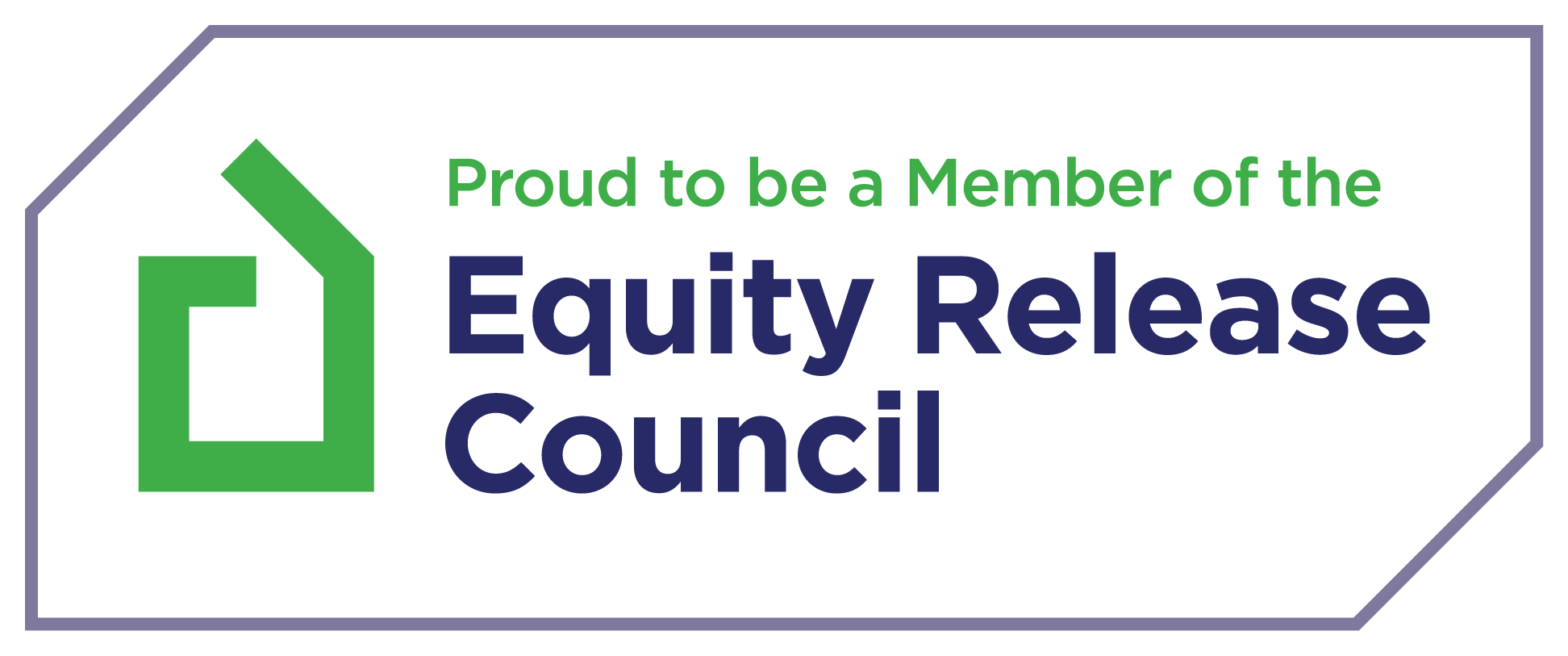Contact
020 7953 7040
info@ccameron.co.uk
Charles Cameron & Associates
Blackfriars Foundry
154-156 Blackfriars Road
London SE1 8EN
Mortgage lending into retirement
June 7, 2023
Information published was correct at the time of writing
The changing landscape for older borrowers...

It can often be difficult to secure a mortgage past the age of 65 or 70, depending on the lender. Even if you have the income to support a mortgage, your application may be declined because your income is likely to decrease with retirement. Smaller lenders are more likely to approve loans beyond the age of 75 and some might even lend up to 85.
GETTING APPROVED MAY STILL BE CHALLENGING
Although many borrowers will be able to continue earning past retirement and have the financial means to back a mortgage, getting approved may still be challenging. If you’re 50 and intending to retire at 60, the chances are higher that your application could be denied. And if approved, you may still need to repay the loan before turning age 70, reducing the term of 25 years to 20, in turn making monthly payments more expensive while your income decreases with age. PAYING THE
LOAN BACK OVER TIME
Alternatively, you may want to look into retirement interest-only mortgages which are specifically designed for older borrowers who may find it hard to get approved by mainstream lenders due to their age. If you’re in your fifties and looking to get a mortgage, there are several steps you should take to increase your chances of approval. First, have a plan for paying the loan back over time. Know your budget and what kind of monthly payments you can afford to make.
MONTHLY REPAYMENTS AFTER RETIREMENT
Additionally, check your credit report and work on improving your credit score before applying for a mortgage. All these factors will help you secure the best loan possible. When considering a mortgage for those over 50, it is important to show proof of adequate income to cover the monthly repayments after retirement. Your lender will also assess your regular expenditure to determine an affordable borrowing amount. As you get closer to retirement, lenders may need a statement with a forecast of your income in retirement.
CONTRIBUTING TO PENSION SCHEMES
If you are more than ten years away from retirement, some lenders may also look at whether you have been contributing to any pension schemes over the years. If this is the case for you, take time to go through your records and check if you have documented details of all the different pensions that may have been contributed too. If you’re looking to port your mortgage, you’ll typically have to apply for your current loan as if it’s a new one. Your lender will reassess you based on the current affordability criteria, so even if nothing has changed in your financial situation, they may still reject you.
DESIRED TERM FOR THE MORTGAGE
They may also take into account any forthcoming reductions in your income post-retirement. Additionally, they could have a cap on the upper age limit, which could mean that depending on your age, you won’t be able to get the desired term for the mortgage. If porting is not an option for you, early repayment charges might be applied. Don’t think that a rejection from one lender ends your mortgage journey; there are likely to be alternative options to consider. Both mainstream and specialised lenders will offer mortgages specifically tailored to those over 50 years old.
SECURED AGAINST YOUR HOME
Alternatively, you could opt for a lifetime mortgage which is secured against your home. While it may not be the cheapest option, due to higher interest applied to the loan, you only have to pay back what you borrow upon selling your home. Lastly, if you’re looking to purchase a home or refinance your current mortgage, a retirement interest-only mortgage could be the right option to consider. You won’t be subject to the same affordability tests as you only need to prove that you can cover the interest payments and not the total capital amount borrowed.
Don’t forget, our professional friendly advisers are on hand to support you and can help you explore all of your options.
We are proud members of the Equity Release Council.




